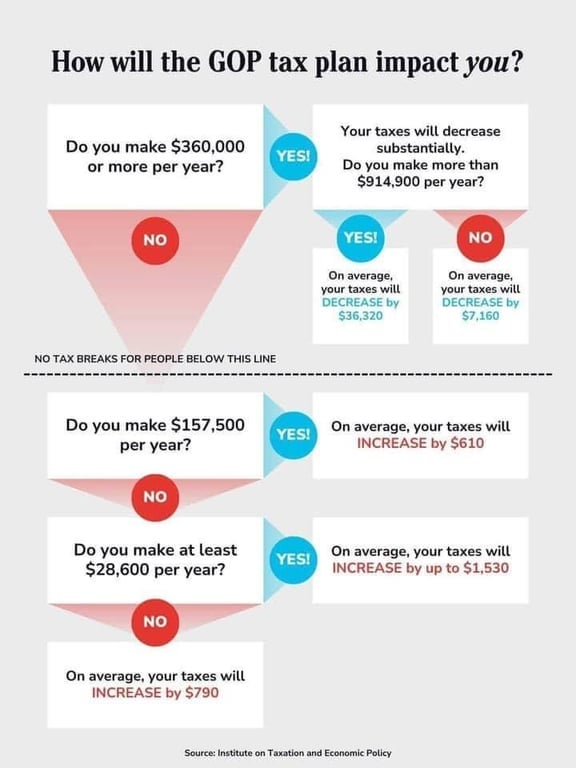this post was submitted on 22 Feb 2025
1034 points (97.5% liked)
Enshittification
1859 readers
1591 users here now
What is enshittification?
The phenomenon of online platforms gradually degrading the quality of their services, often by promoting advertisements and sponsored content, in order to increase profits. (Cory Doctorow, 2022, extracted from Wikitionary) source
The lifecycle of Big Internet
We discuss how predatory big tech platforms live and die by luring people in and then decaying for profit.
Embrace, extend and extinguish
We also discuss how naturally open technologies like the Fediverse can be susceptible to corporate takeovers, rugpulls and subsequent enshittification.
founded 2 years ago
MODERATORS
you are viewing a single comment's thread
view the rest of the comments
view the rest of the comments

Your idea is kind of sound, but it really depends on how you implement the "negative" money.
You can just choose not to pay off the public debt. That will, effectively, make you print infinite money, and we all know how much corpos like to use and very much abuse inflation. Your idea'd fall quick.
An alternative is to charge the provider for the service they're providing, or someone with deep pockets who could. This seems much sounder of a wax to go to me. For example, if someone is building a hotel with 500 rooms, say they have to build an additional 30 apartments meant to house a 4-member family. Or, say you keep the asinine US health insurance system, but for every procedure they charge, they have to make one for free. Who they give it to is chosen by the government. This is effectively a form of "negative" taxation. Shame it's basically a revive of the feudal-era "Wheat tax".
😭
I just love you guys
No need to cry!
Let me reiterate it - it's not inherently a bad idea.
The wheat tax wasn't inherently bad (well, other than taking food from the already-starving population, but that isn't the problem of the way the tax inherently works, but of how it is used): the main problem was: it was too successfull. The wheat tax was meant to provide the Church with bread. The church took 10% of every household's grown wheat and they got way too much, so the wheat spoiled. Then they switched to a monetary tax, since money doesn't spoil as easily, and they could use it for more stuff than just baking bread.
These two reasons are why the tax isn't used anymore. But, again, it's not inherently a bad idea.
This model can easily be adapted to work properly. Medical procedures aren't things that "spoil", and there's steady demand for them. It could also work for stuff like housing (anyone building a hotel or an apartment complex for-profit has to make, say, the same 10% for the government), and even retail (if stores had to give even 1 item for every 100 items sold to a public kithen, the kitchens would be overflowing nationwide).
Honestly, this is the way to go. The capitalists just don't want that. They'll be the first ones to point out how it was a feudal-era tax, how people weren't free, and how it wouldn't work in reality (when itsure as hell would). They'd say it isn't practical: foodstuffs spoil, for example - but we're not living in the Middle ages anymore - we have bookkeeping, abd the government could decide to "take" their "fair share" to the kitchen when the demand, well, demands.
The first option is very close to this, but the money is a problem. Once we achieve a near-moneyless, near-classless society where inflation isn't a concern, even that model would work. But, for now we'll have to stick to this, sincethis is implementable in the current society.
Those are tears of joy. Just seeing people supporting each other is moving.